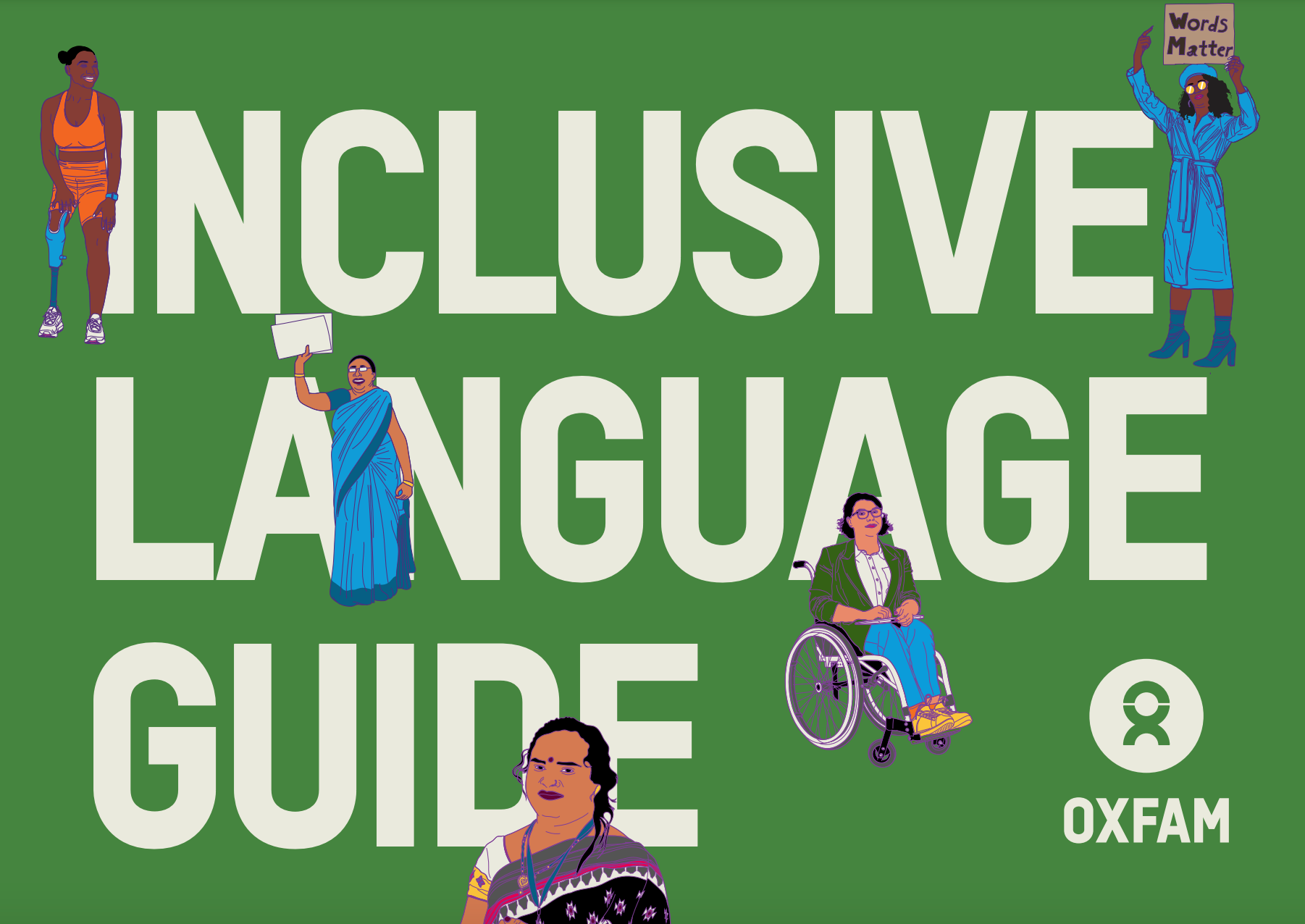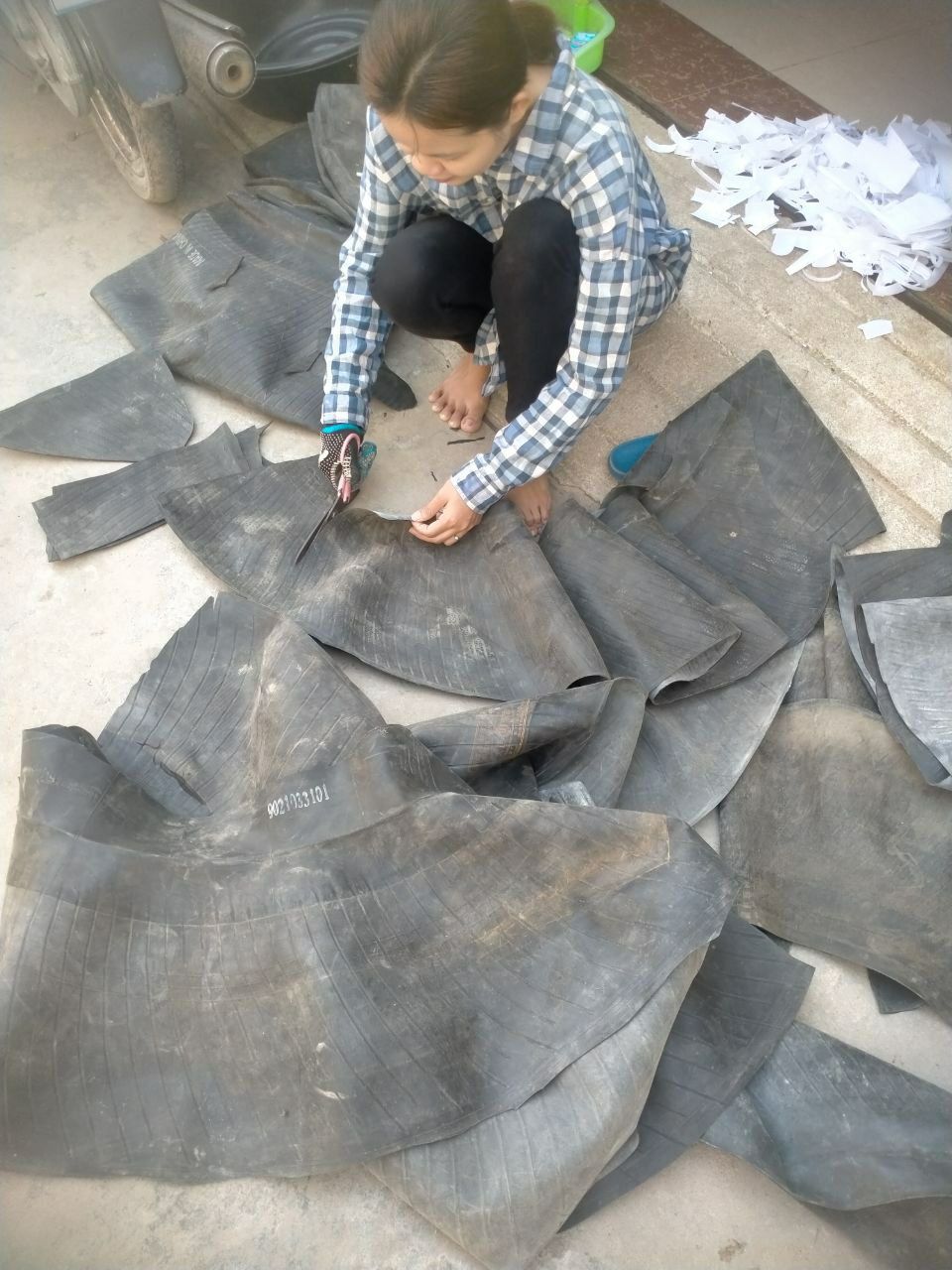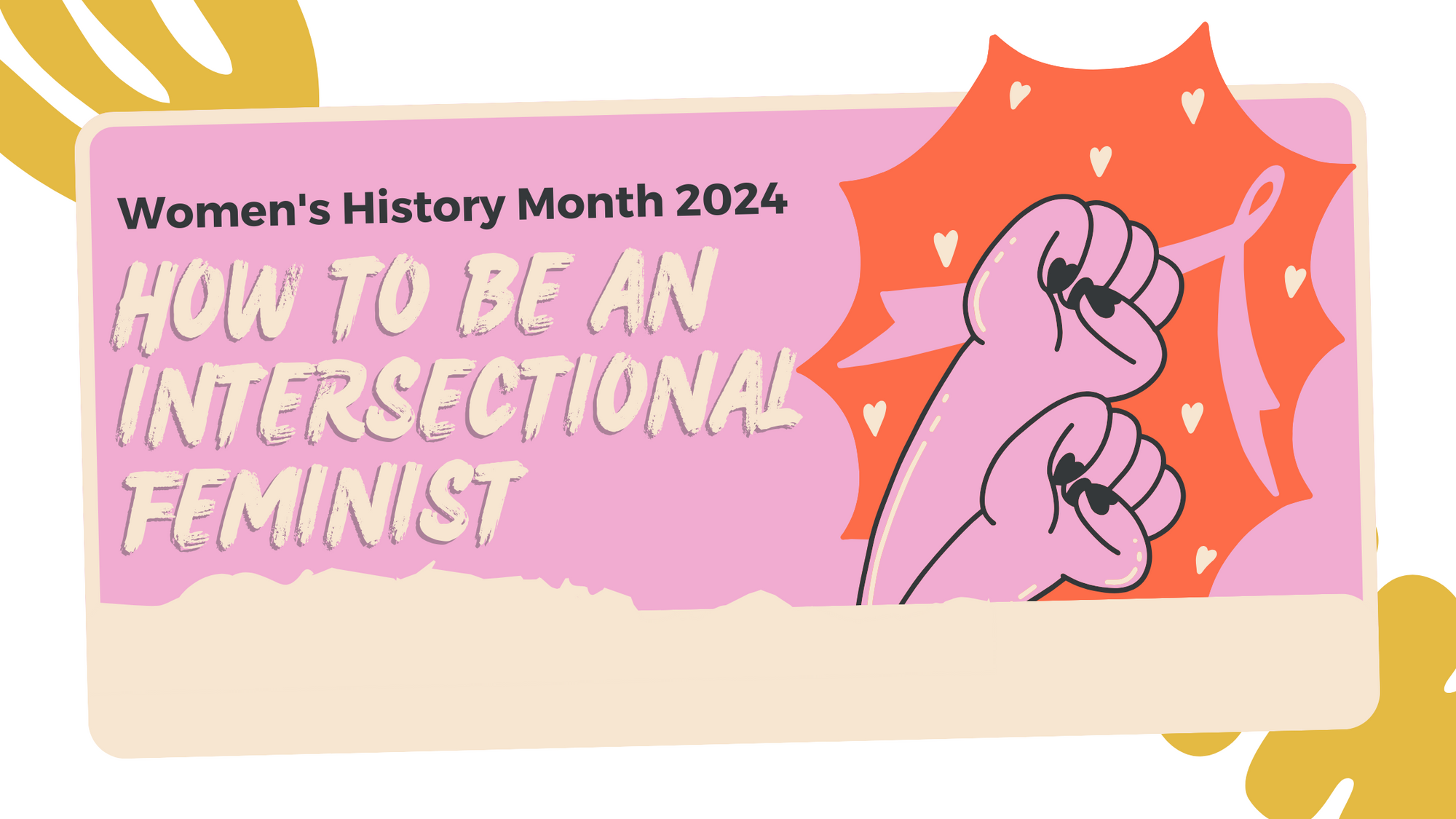Language has the power to reinforce or deconstruct systems of power that maintain poverty, inequality and suffering. Choices in language can empower us to reframe issues, rewrite tired stories, challenge problematic ideas and build a radically better future based on a survivor-centred, intersectional, anti-racist and feminist vision of equality.
At the very least, we must ensure that our language does not imply concepts that are patronizing or reinforce stereotypes about the people we work with. At best, we can use language to actively challenge structures that marginalize people or groups in order to support them to exercise their rights.
You can download and read the full guide here>>>



